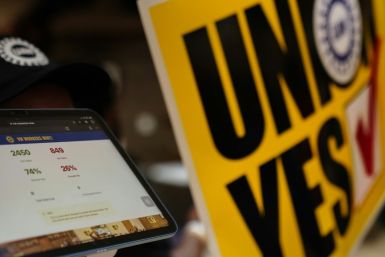Windows 10 Release Date News: Say Goodbye To Passwords With Upcoming Microsoft OS

With Windows 10, Microsoft is aiming at to banish passwords forever. Passwords are probably the biggest worries for most of the people while being online. Maybe with Windows 10, the world will get an answer to one of the most pressing security problems.
The company has come up with an additional support named FIDO (Fast Identity Online) standard to Windows 10 to enable password-free sign in. Microsoft also plans to bring forth the biometric security technology which is already present in many mobile phones and tablets and is doing well. The Fido standards intend to create a "universal framework" for secure but password-free authentication. Fido supports biometrics such as face, voice and fingerprint.
Two new features – Windows Hello and Microsoft Passport will make your Windows device safe and secure. This will provide the users the convenience of password free login. Windows Hello is intended to letting the user log in with biometric data. The computer authenticates the user locally, and then sends a public key which logs the user in. Even if the hackers access the public key it is of no use to them. With Hello, you can ask your computer to recognise your face. It will be united to specific hardware which uses an IR camera and will allow Windows to make a detailed map of your face in 3D. Although it is not the first ever attempt to bring in biometrics to secure PCs.
Windows 10 will a available in 111 languages in 190 countries. The specific date for the launch has not been communicated but Microsoft has given a wide enough window between June and Sept. Microsoft in collaboration with Raspberry Pi Foundation, Qualcomm and Intel will offer new version of Windows for smaller ‘Internet of Things’ products.






